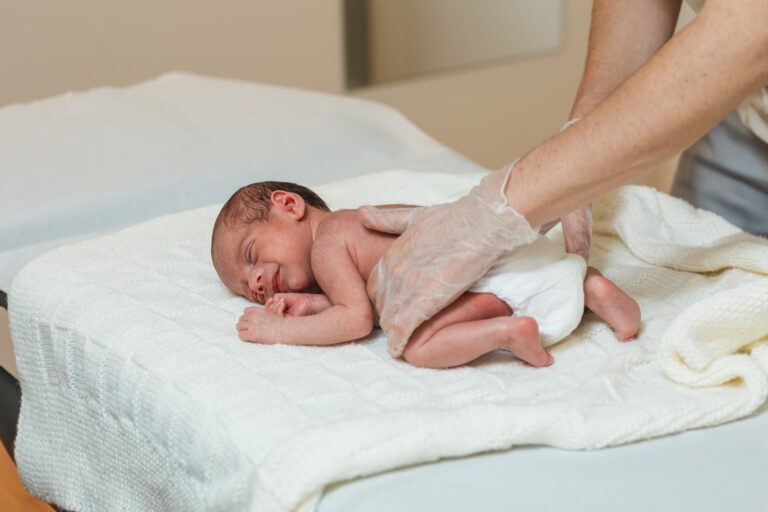
Understanding Patent Ductus Arteriosus: Causes, Symptoms, and Treatment Options
In the intricate realm of cardiovascular health, certain conditions demand our attention, and Patent Ductus Arteriosus (PDA) stands
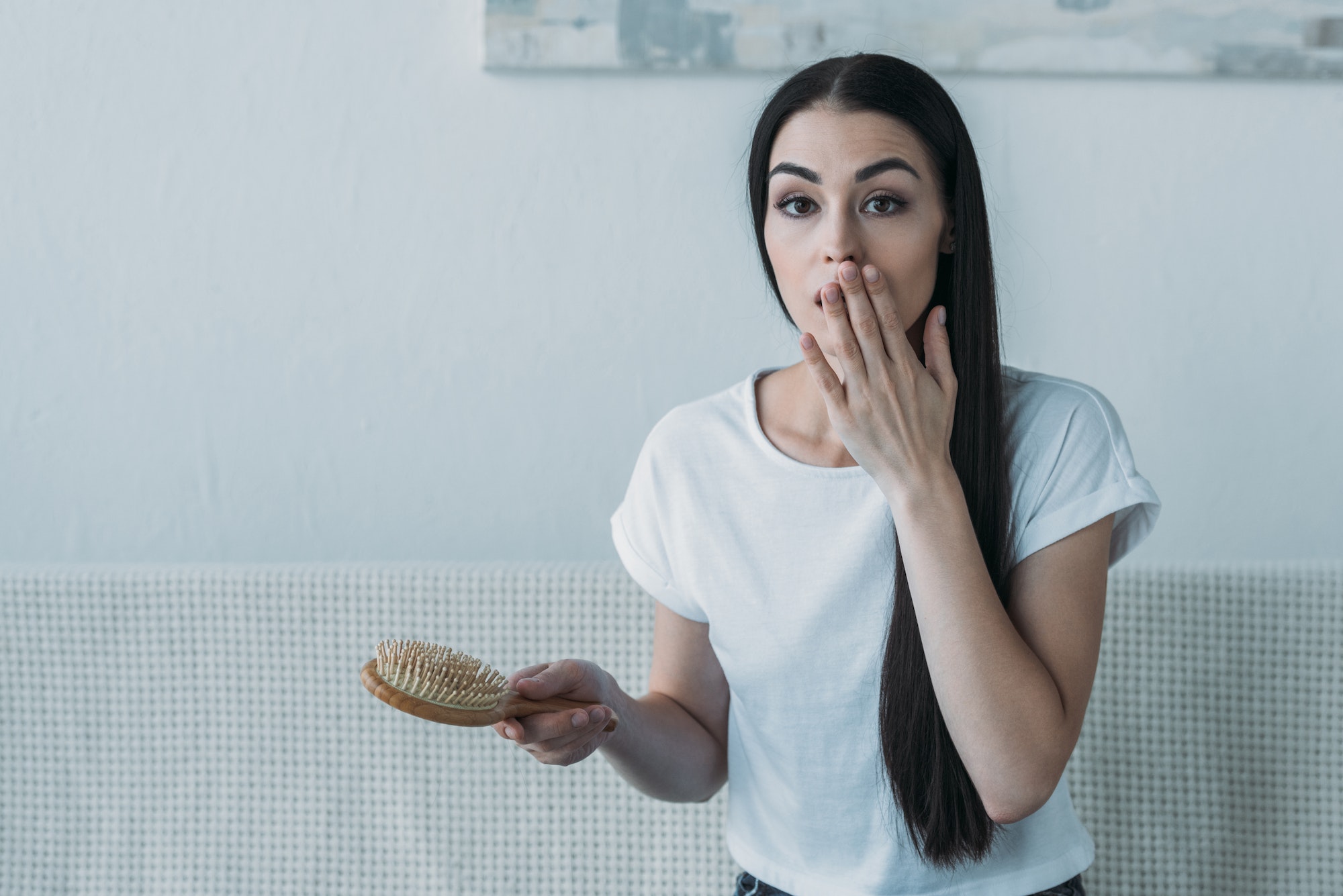
Are you a new mom who has recently given birth and noticed that your hair is falling out more than usual? Don’t worry, you’re not alone. Postpartum hair loss is a common issue that many women face after giving birth. In this blog post, we’ll discuss key ways to deal with postpartum hair loss and encourage hair growth. We’ll offer expert advice and natural remedies to prevent hair loss and boost hair growth

Postpartum hair loss, or shedding, is common after childbirth. It is temporary and resolves within a few months on its own. It is temporary and typically resolves within a few months on its own.
During pregnancy, hormonal changes increase hair growth, leading to thicker and fuller hair. But, after childbirth, hormonal levels fluctuate , causing a shift in hair growth cycles. Hair loss after childbirth happens when hair follicles enter the resting phase, known as telogen. Hormonal imbalances, especially decreased estrogen levels, cause excessive hair shedding.
The duration of postpartum hair loss varies from woman to woman. Generally, it begins around three to four months after giving birth, peaking at around four to six months. But, it’s important to note that hair loss can continue for up to a year postpartum. While it may seem alarming, it’s crucial to remember that this is a normal process and the hair loss is temporary.
Postpartum hair loss typically starts after the first few months of giving birth, as mentioned earlier. It can be a gradual process, and you may notice more hair shedding while washing or brushing your hair. However, it’s important to understand that every individual is unique, and the exact timing may vary. As for when it stops, postpartum hair loss tends to resolve on its own within six to twelve months after onset. In most cases, hair growth gradually returns to its pre-pregnancy state, and the shedding subsides.

When it comes to promoting hair growth naturally, there are several approaches you can take to support healthy hair regrowth. By adopting these practices, you can improve hair health and address postpartum hair loss.
To maintain healthy hair and encourage growth, it’s beneficial to seek advice from a hair care expert or professional. They can evaluate your needs and suggest treatments and products that stimulate hair growth and improve its health.
Schedule an appointment with a trichologist, a hair care specialist who can assess and diagnose hair and scalp conditions. A professional can examine your hair and scalp to find any problems and provide personalized advice to help your hair grow better. Their expertise allows them to provide valuable insights specific to your situation.
Consult a healthcare professional or dietitian to assess if supplements like biotin, vitamin D, or iron can aid your hair growth. Supplements nourish hair and promote growth in cases of vitamin and mineral deficiencies.
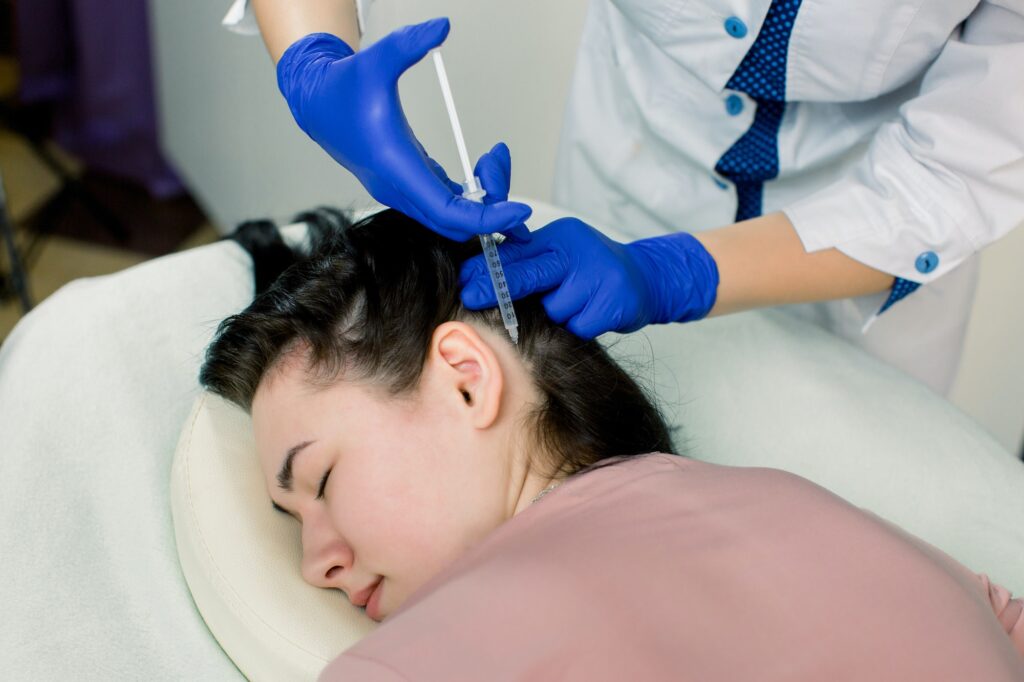
To promote hair growth, professionals may suggest scalp massages, micro needling, or laser therapy. Scalp massages can improve blood circulation to the hair follicles and stimulate hair growth. Micro-needling stimulates collagen production and promotes hair growth through scalp punctures. Laser therapy stimulates hair follicles with low-level laser light, promoting hair growth. It’s crucial to note that professional solutions may vary depending on individual needs and hair conditions.
A hair care expert can customize recommendations for your specific needs. Additionally, they can monitor your progress and make necessary adjustments to your hair care regimen. Remember to be patient; hair growth takes time, and results may not be immediate. Follow professional advice and be consistent with recommended treatments and products. Regular follow-up appointments track progress, address concerns, and maintain momentum in hair growth.

Hair loss can be a source of concern and self-consciousness for many individuals. You can employ techniques to disguise hair loss and create the appearance of fuller, voluminous hair.
· Option for volumizing haircuts that add layers and texture to your hair, making it look fuller.
· Experiment with different hairstyles, such as tousled waves or curls, as they can help create the illusion of thicker hair.
· Use a volumizing mousse or spray at the roots to lift the hair and add extra body.
· Consider teasing or backcombing the hair slightly at the crown to create more height and volume.
· Hats and scarves not only serve as fashionable accessories but also provide coverage and concealment for areas of hair loss. · Option for wide-brimmed hats, beanies, or fedoras to add style while offering coverage.
· You can tie scarves in various ways, like turbans or head wraps, to create a chic look while covering thinning hair.
· Experiment with different colors, patterns, and fabrics to match your outfits and enhance your style. It’s important to note that while these techniques can disguise hair loss, they are temporary solutions. It’s advisable to address the underlying causes of hair loss and seek professional advice for long-term solutions. Consulting a specialist can identify the cause of hair loss and recommend appropriate treatments. Embrace your natural beauty and seek professional guidance to manage hair loss and promote healthy hair growth.
Learn effective solutions for healthier hair growth to address postpartum hair loss for new mothers. To address postpartum hair loss, check your body, eat well, manage stress, and use natural hair care. Consult hair care experts for personalized guidance and treatments to support hair regrowth. Use styling techniques, accessories, or hats to boost confidence and conceal hair loss.
Remember, postpartum hair loss is a natural process that tends to resolve on its own within a year. It’s important to be patient, practice self-care, and consult professionals when needed. Embrace the journey of motherhood and take proactive steps towards healthier, more vibrant hair.
What causes postpartum hair loss?
Hormonal changes after childbirth primarily cause postpartum hair loss. During pregnancy, hormone levels boost hair growth, leading to thicker and fuller hair. After childbirth, hormone levels drop, causing more hair follicles to enter the resting phase and shed.
How long does postpartum hair loss last?
The duration of postpartum hair loss can vary among individuals. In most cases, it starts around three to four months after giving birth and can last up to a year. However, hair growth typically resumes gradually, and the shedding subsides within this timeframe.
Will my hair return to its pre-pregnancy state after postpartum hair loss?
Yes, postpartum hair loss is generally a temporary condition, and most women can expect their hair to return to its pre-pregnancy state. Hair growth usually resumes naturally as hormonal levels stabilize and the hair follicles enter the growth phase again.
Are there any preventive measures to reduce postpartum hair loss?
You cannot completely prevent postpartum hair loss, as it is a natural process. To promote hair health during this phase, prioritize a healthy lifestyle with a balanced diet, stress management, and gentle hair care.
When should postpartum hair loss concern me?
Postpartum hair loss is normal, but excessive or prolonged shedding requires medical attention. Seek medical guidance for hair loss, bald patches, or texture changes to rule out underlying conditions.

In the intricate realm of cardiovascular health, certain conditions demand our attention, and Patent Ductus Arteriosus (PDA) stands
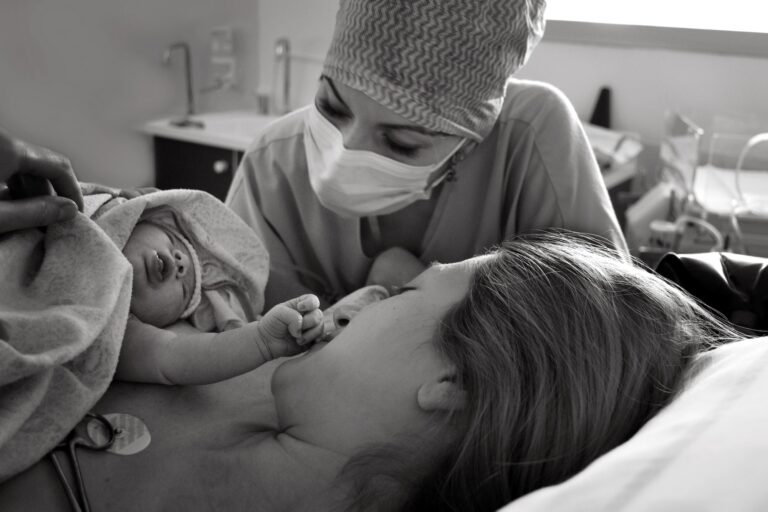
Guidance for Healthy Baby’s Growth Charting a birth plan is like GPS for natural childbirth—a guide for a
Pregnancy, often considered a period of joy and anticipation, can sometimes be fraught with complications. One such condition
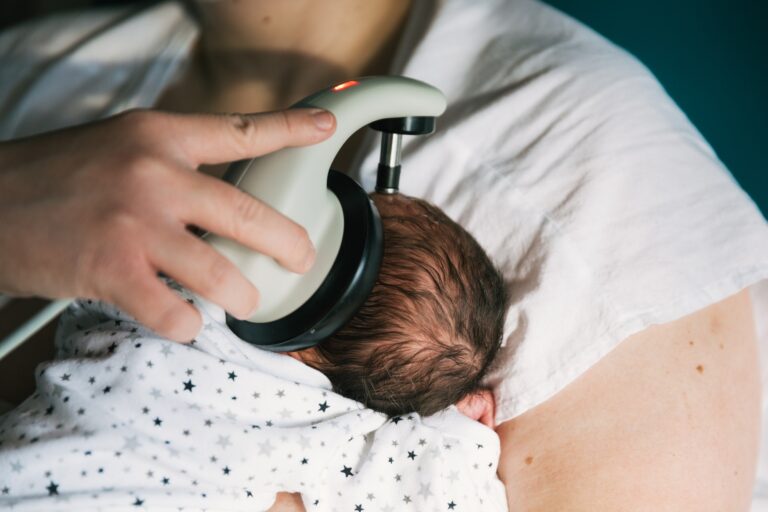
Each parent envisions a healthy future for their child, including auditory well-being. Early identification of hearing impairments through